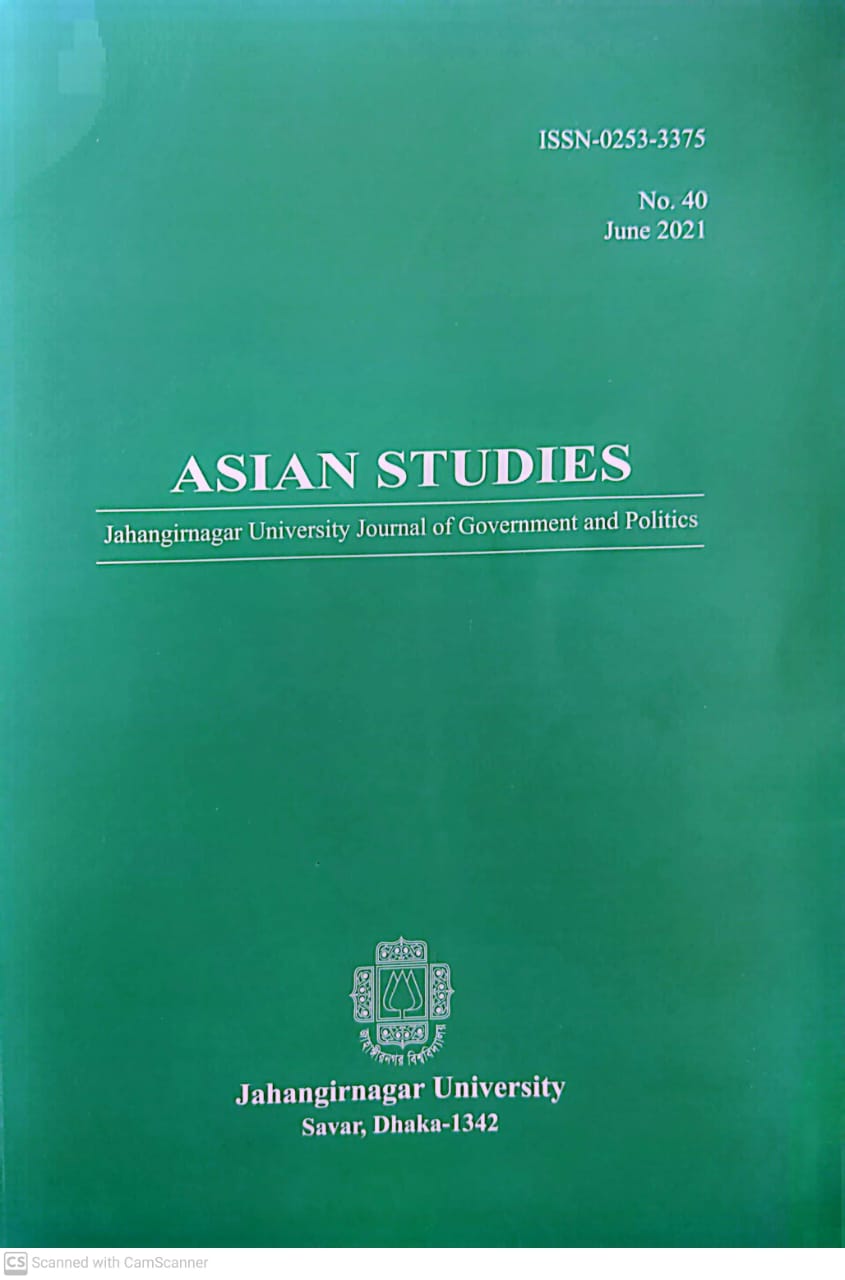State of Social Safety Net Programmes in Bangladesh Issues and Challenges
Main Article Content
Abstract
Social Safety Net programmes (SSNPs) denote to the social service programs that aims to
reach the poor and vulnerable people of the community through non-contributory transfers.
The paper is to investigate the policy of resource distribution and selection of beneficiaries
of SSNPs and how do local representatives and political elites establish political
disbursement through allocation of SSNPs. The study has been made to explore the existing
challenges and limitations of current SSNPs. The study finding suggested that SSNPs are not
constantly equally delivered among the vulnerable groups who justify to get it. To explore
the challenges and limitations of SSNPs at the rural level for the vulnerable groups in
Bangladesh, 12 respondents from elected representatives of the Union Parishads (UP) as
well as the government officials, 40 general citizens (non-beneficiaries) and 70 respondents
from beneficiaries have been interviewed for the purpose. In this study, it has been noticed
that the positive result of the Social Safety Net Programme mainly depends on the successful
implementation of these programmes. According to the local representatives, beneficiaries
and the general citizens, there prevailed a chance of irregularities in the list making
procedure of the beneficiaries.

